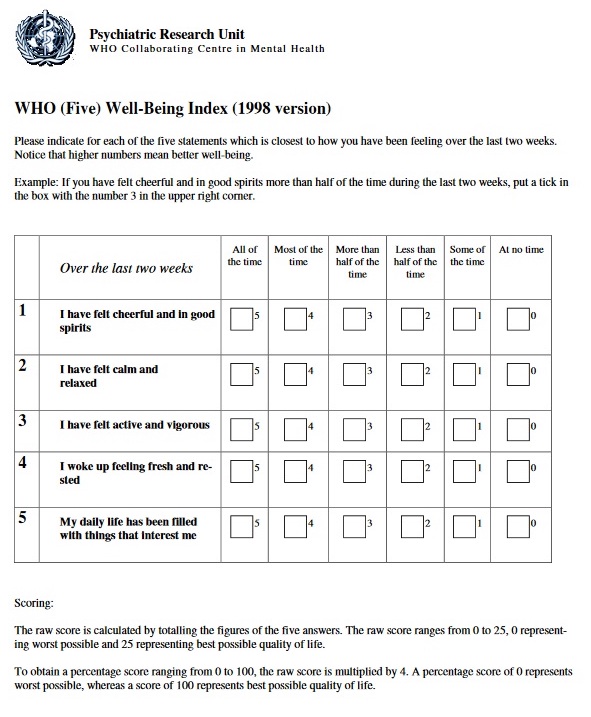Conflict is a natural experience in every community. When managed properly, disagreements offer us opportunities for growth and development, strengthening our connections through openness. At Tribes we suggest these steps for constructive conflict management within a group:
- Face-to-face resolution: Choose to resolve conflicts in person, during group gatherings, rather than virtually via chat or email. Being face-to-face allows us to hear each other’s tone, see body language, and interpret meanings more accurately.
- Group involvement: In a conflict between two people, it becomes important for the whole group to engage after a while. Conflicts inevitably affect the entire group, and insights from others often help in finding a resolution.
- Leverage cooler heads: Observing emotions without ignoring them can help those in conflict communicate more effectively.
- Stop emotional violence: It can be challenging, but if you feel an impulse to insult or belittle, try to hold back as it often deepens the conflict. Instead, express your emotions honestly, like saying, “I AM REALLY ANGRY WHEN YOU…” Also, try to formulate a request to the other person (following non-violent communication models).
- Intervene in others’ emotional violence: It’s important for fellow group members to intervene in emotional violence during conflicts. When humiliation begins, firmly interject and try to stop it. In such situations, it’s effective to collectively understand what is personally important to the conflicting parties and what their underlying needs might be, which could then be transformed into request form.
- One-on-one meetings: In conflicts between two individuals, private meetings can also be beneficial.
- Avoid exclusion: It’s crucial not to secretly isolate group member (e.g., by creating separate chat group without a member’s knowledge). This usually impacts the excluded person negatively. Any desires or needs for such actions should be transparently discussed in community meetings.





